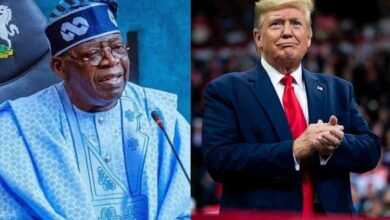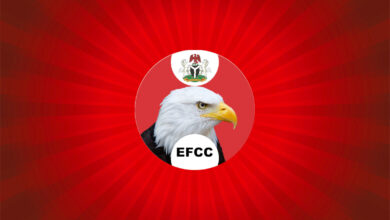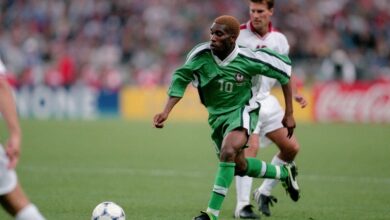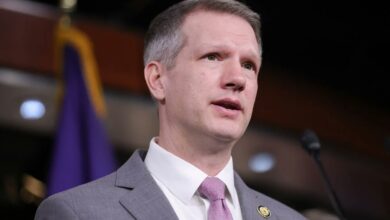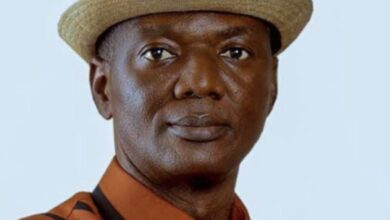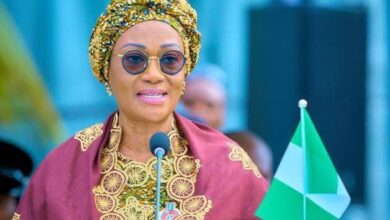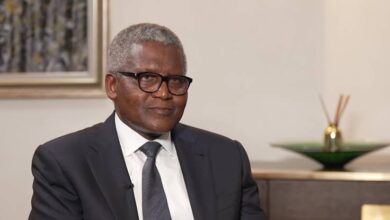Nigeria at 65: A Journey of Triumphs, Trials, and the Unfinished Dream
Nigeria @ 65

Nigeria at 65: A Journey of Triumphs, Trials, and the Unfinished Dream
As Nigeria marks 65 years of independence, the nation finds itself at a critical crossroads reflecting on its history, achievements, challenges, and the hopes that continue to shape its destiny. Since October 1, 1960, when the Union Jack was lowered and the Green-White-Green flag was hoisted, Nigeria has traveled a complex road marked by resilience, contradictions, and the unyielding spirit of its people.
On that historic day in 1960, Nigerians celebrated freedom from British colonial rule with high expectations of prosperity, unity, and progress. With its vast natural resources, youthful population, and cultural diversity, Nigeria was widely regarded as a potential giant of Africa. Leaders such as Nnamdi Azikiwe, Obafemi Awolowo, Ahmadu Bello, and Tafawa Balewa envisioned a nation that could stand tall among global powers.
However, the journey has been anything but smooth. Barely six years into independence, the country was plunged into a bloody civil war (1967–1970), testing its fragile unity. Coups and countercoups followed, ushering in decades of military dictatorship. These years were marred by corruption, human rights abuses, and mismanagement of the oil wealth that was supposed to be the country’s blessing.
Despite these challenges, Nigeria survived. The return to democracy in 1999 rekindled hope for stability and progress, offering a new era of political participation and global re-engagement. Yet, the same challenges of insecurity, corruption, poverty, and weak institutions continue to stifle growth.
At 65, Nigeria still has many achievements to be proud of. It boasts the largest economy in Africa, a vibrant entertainment industry through Nollywood and Afrobeats, and a diaspora community that contributes billions in remittances annually. Nigerian talents from sports to science, arts to technology have consistently placed the country on the global stage. The resilience and entrepreneurial drive of ordinary Nigerians remain unmatched, showing that even amid hardship, innovation thrives.
But the Nigerian dream remains largely unfulfilled. Millions of citizens still grapple with unemployment, inflation, poor infrastructure, and a struggling healthcare system. The hopes of independence have been dimmed by leadership failures, ethnic rivalries, and political instability.
Yet, it would be unfair to dismiss Nigeria’s journey as one of failure. Like every young democracy, its growth is evolutionary sometimes slow, sometimes painful, but often marked by progress in unexpected places. The question is whether leaders will rise to the task of harnessing Nigeria’s vast human and natural resources for genuine development.
The next chapter of Nigeria’s story depends on choices made today. With its youthful population, digital transformation, and untapped potential in agriculture and renewable energy, the country could reclaim its position as a true giant of Africa. To do so, it must strengthen governance, embrace accountability, and foster unity beyond ethnic and religious divides.
As Nigeria clocks 65 years of independence, the message is clear: the nation has come far, but the journey is far from over. The promise of 1960 can still be realized if leaders and citizens alike commit to building a nation where justice, equity, and prosperity are not just dreams, but realities.




